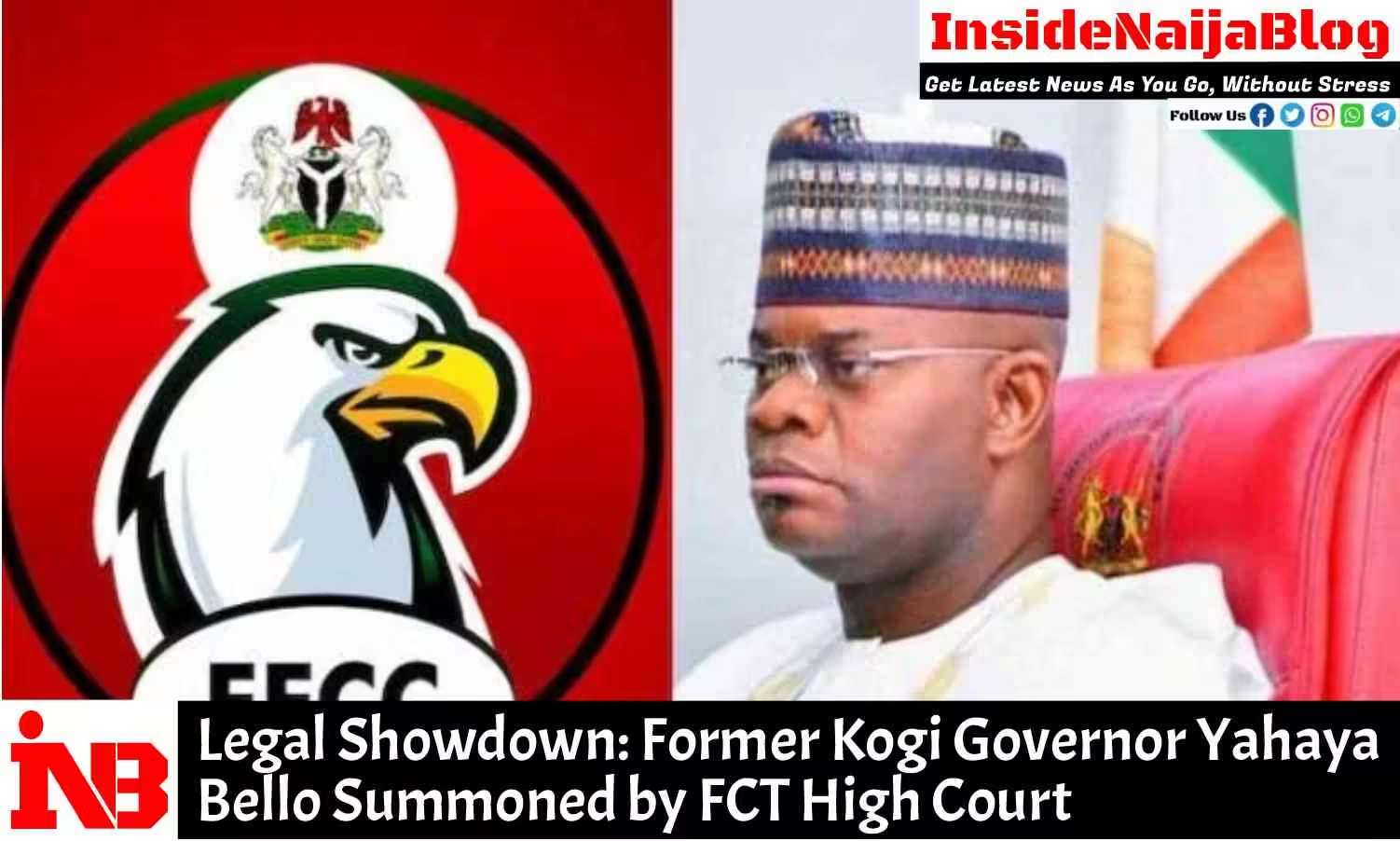In a bid to protect the rights of Nigerian workers and promote fair labor practices, the Federal Government has directed all private sector recruitment agencies to adhere to the new N70,000 minimum wage. This mandate emphasizes that paying less than the stipulated amount is punishable under the law.
Background
The National Minimum Wage Act, signed into law in 2019, sets a benchmark for employee compensation, providing a baseline level of income protection for Nigerian workers. The Act aims to address the country’s economic challenges and ensure that no worker, whether in government or private employment, receives less than the minimum wage.
Government’s Stance
The Permanent Secretary, Federal Ministry of Labour and Employment, Alhaji Ismaila Abubakar, reiterated the government’s commitment to enforcing the minimum wage. Represented by the Director of Employment and Wages, John Nyamali, Abubakar stated, “The minimum wage is now a law, and as a result, it is a punishable crime for any employer to pay less than N70,000 to any of its workers.”
Private Sector Compliance
The Employers Association for Private Employment Agencies of Nigeria (EAPEAN) has pledged to comply with the minimum wage directive. EAPEAN President, Dr. Olufemi Ogunlowo, emphasized that the association is committed to providing decent jobs for Nigerians and guarding against human resource exploitation.
Ambiguity Over Minimum Wage
However, there remains an ambiguity regarding whether the N70,000 minimum wage is net or gross. Ogunlowo appealed to the government and Nigeria Labour Congress (NLC) to clarify this aspect, stating, “The government and NLC should address all ambiguities in the minimum wage.”
NLC’s Position
The Chairperson of the NLC, Lagos State Council, Funmilayo Sessi, stressed the importance of enforcing the minimum wage. Sessi noted that the N70,000 minimum wage is insufficient to meet basic living conditions, considering the prevailing economic hardship.
Key Implications
The enforcement of the N70,000 minimum wage has significant implications for Nigerian workers and employers:
– Improved Standard of Living: The minimum wage aims to enhance the standard of living for Nigerian workers.
– Compliance: Private sector recruitment agencies must comply with the minimum wage directive to avoid penalties.
– Economic Growth: The increased minimum wage may stimulate economic growth by boosting consumer spending.
– Challenges: Employers may face challenges in implementing the minimum wage, particularly in industries with thin profit margins.
The Federal Government’s enforcement of the N70,000 minimum wage on private sector recruitment agencies demonstrates its commitment to protecting Nigerian workers’ rights. While challenges persist, the government, NLC, and private sector stakeholders must work together to ensure seamless implementation and clarify ambiguities surrounding the minimum wage.
Key Points:
– Minimum Wage: N70,000 is the new minimum wage in Nigeria, applicable to all workers in government and private employment.
– Enforcement: The government and NLC will strictly enforce the minimum wage, with penalties for non-compliance.
– Ambiguity: Clarification is needed on whether the N70,000 minimum wage is net or gross.
– Living Conditions: Nigeria’s minimum wage is insufficient to meet basic living conditions.
– Compliance: Private sector recruitment agencies must comply with the minimum wage directive.




